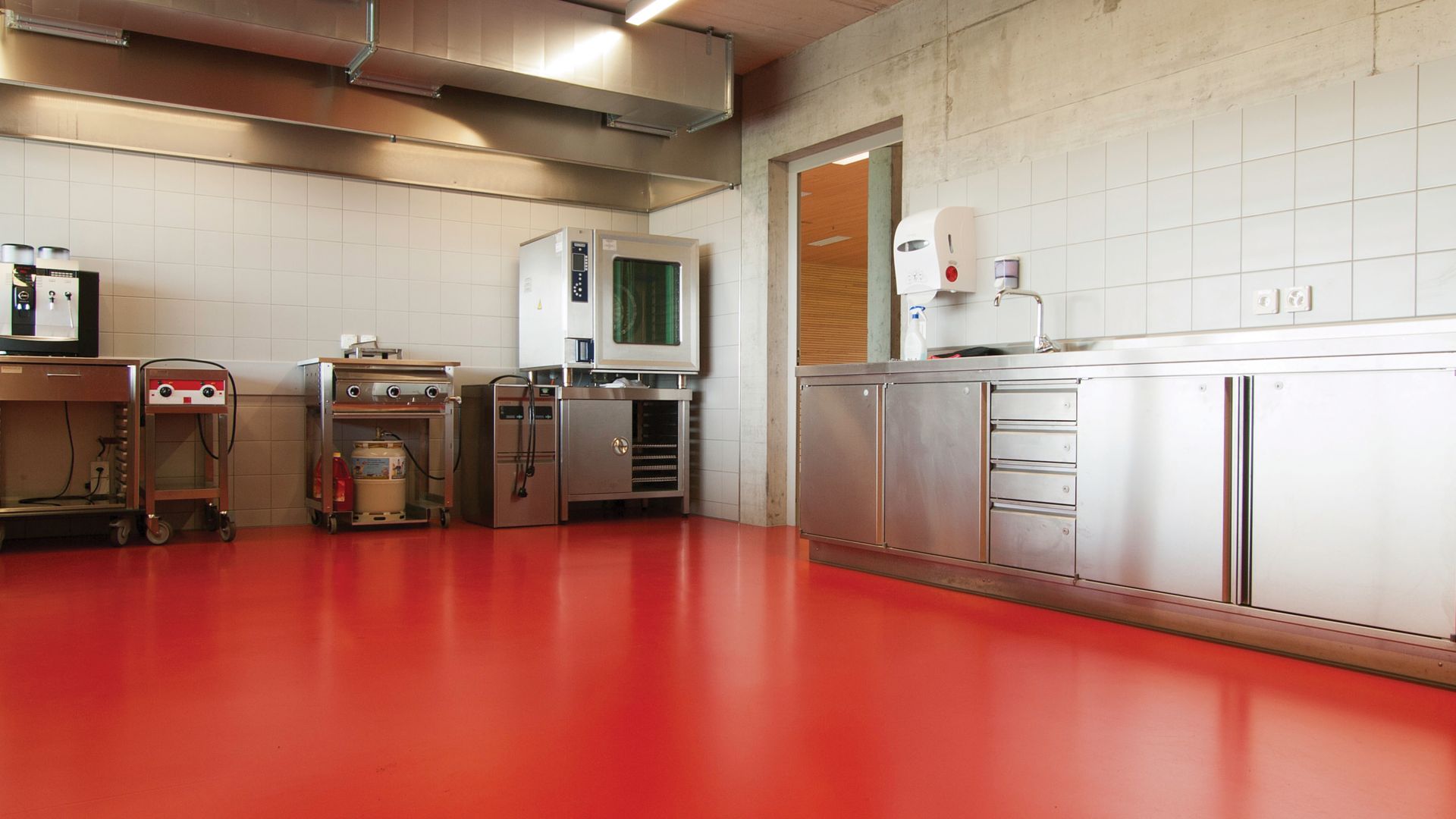04/14/2016
Each year, approximately 48 million Americans are sickened by contaminated food with 128,000 requiring hospitalization and 3,000 of those cases resulting in death. The resulting yearly loss to the food and beverage industry due to food borne illnesses is estimated at $75 billion.
INSPECTIONS ON THE RISE FOR FOOD & BEVERAGE FLOORS
Each year, approximately 48 million Americans are sickened by contaminated food with 128,000 requiring hospitalization and 3,000 of those cases resulting in death. The resulting yearly loss to the food and beverage industry due to foodborne illnesses is estimated at $75 billion.
In an effort to reduce these statistics, President Obama recently signed into law the Food Safety Modernization Act (FSMA), the first significant update to food safety regulations in 70 years. Among the many new changes is a statute that gives the FDA authority to order a recall of food products and will require more frequent inspections at food and beverage producing facilities.
Furthermore, the Obama administration and some members of Congress want to merge the current 15 government agencies responsible for food inspections into a single entity, called the Food and Safety Administration, and place it under the Department of Health and Human Services.
Integral to both pieces of legislation is the requirement of the frequency of inspections at food and beverage producing facilities to double over the first 12 months of implementation. Will your facility stand up to this new scrutiny?
State and local authorities have their own schedules and changing regulations. For instance, many jurisdictions are banning the new use of quarry tile because its mortar joints are a natural incubator for bacteria and other contaminants. Chipped and cracked concrete floors, even if polished, intensify this hazard.
All of these are reasons why thousands of food and beverage producers around the world turn to Sika’s durable, seamless resinous floor and wall systems. No seams mean no contaminants. Sika Floor and Wall systems are designed for high performance in the harshest environments. They have the ability to resist thermal shock, aggressive chemical attack and severe vehicle traffic. These systems provide the slip-resistant required for safety but are also remarkably easy to clean.

